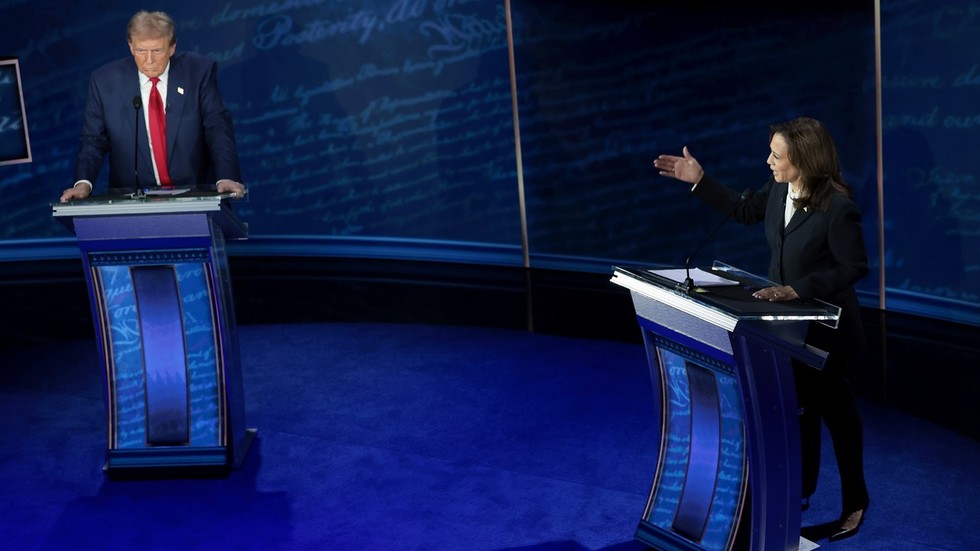Recent intelligence reports suggest that multiple foreign adversaries, including Russia, Iran, China, and Cuba, are actively working to influence U.S. elections, particularly the upcoming presidential election. According to an official from the Office of the Director of National Intelligence (ODNI), these nations are targeting both the House and Senate races, aiming to sway the outcomes in their favor. Notably, the intelligence community has indicated that Moscow appears to favor former President Donald Trump, while Tehran is reportedly seeking to thwart his return to power due to concerns that it would heighten hostilities with Israel and the U.S. If these nations are indeed trying to interfere, they exemplify a complex and multifaceted foreign influence landscape in American politics.
The conflicting interests of these nations highlight the complexities of their geopolitical strategies, particularly in relation to the United States. Russia’s alleged support for Trump stems from his historical stances on issues like the Ukraine conflict, with Russian officials reportedly believing that Trump’s election would lead to a friendlier U.S.-Russia relationship. On the other hand, Iran’s opposition to Trump is influenced by fears of increased aggression towards Iran should he regain the presidency. The U.S. intelligence officials indicate that smaller nations are also attempting their own influence operations, adding another layer to the electoral dynamics.
During Trump’s presidency from 2017 to 2021, U.S. policies towards Russia and Ukraine intensified, culminating in a significant increase in U.S. arms supplied to Ukraine. Trump’s assertion that Russia would not have dared to invade Ukraine had he remained in office reflects a belief in the deterrence he claims to have exerted over Moscow. This contention underlines the concern among U.S. officials about how foreign perceptions of American leadership can impact international relations and security. These dynamics are further complicated by the fact that various foreign powers may now find opportunities to exploit political divisions within the U.S. as a means of advancing their own interests.
The ODNI has also highlighted the emerging role of artificial intelligence (AI) in the influence operations being undertaken by foreign adversaries. While there have been claims about the use of AI-generated content to manipulate electoral processes, further details on how these foreign players are identified or attributed are sparse. This innovation in tactics reflects an increasing sophistication in how foreign nations approach influence—leveraging technology to propagate favorable narratives and disrupt conventional electoral processes. The landscape of information warfare is rapidly evolving, shedding light on the ongoing battle over narratives that shape public opinion and policy.
Interestingly, tactics utilized by these foreign adversaries bear similarities to methods employed by U.S. allies, particularly Israel. Reports suggest that Israel has engaged in its own influence operations by using fake social media accounts and disinformation campaigns to promote narratives beneficial to Israeli interests. This parallel raises questions about the ethical implications of using misinformation in the international arena and the blurred lines between legitimate political advocacy and deceptive practices aimed at manipulation.
A key part of the Israeli campaign was reported to have been specifically targeted at African American lawmakers within the Democratic party, indicating a strategic approach that seeks to influence specific demographics. The operations launch by Israel’s Ministry of Diaspora Affairs, utilizing AI-generated content to maintain a persistent media narrative, exemplifies a calculated effort to shape public discourse within the U.S. This strategy further complicates the narrative around foreign influence in elections, as it underscores the proactive measures taken by allies to promote their interests while foreign nations engage in more aggressive and adversarial tactics. Overall, the concerted efforts of multiple nations highlight a broader landscape of political warfare that American democracy has to navigate in the modern era.

